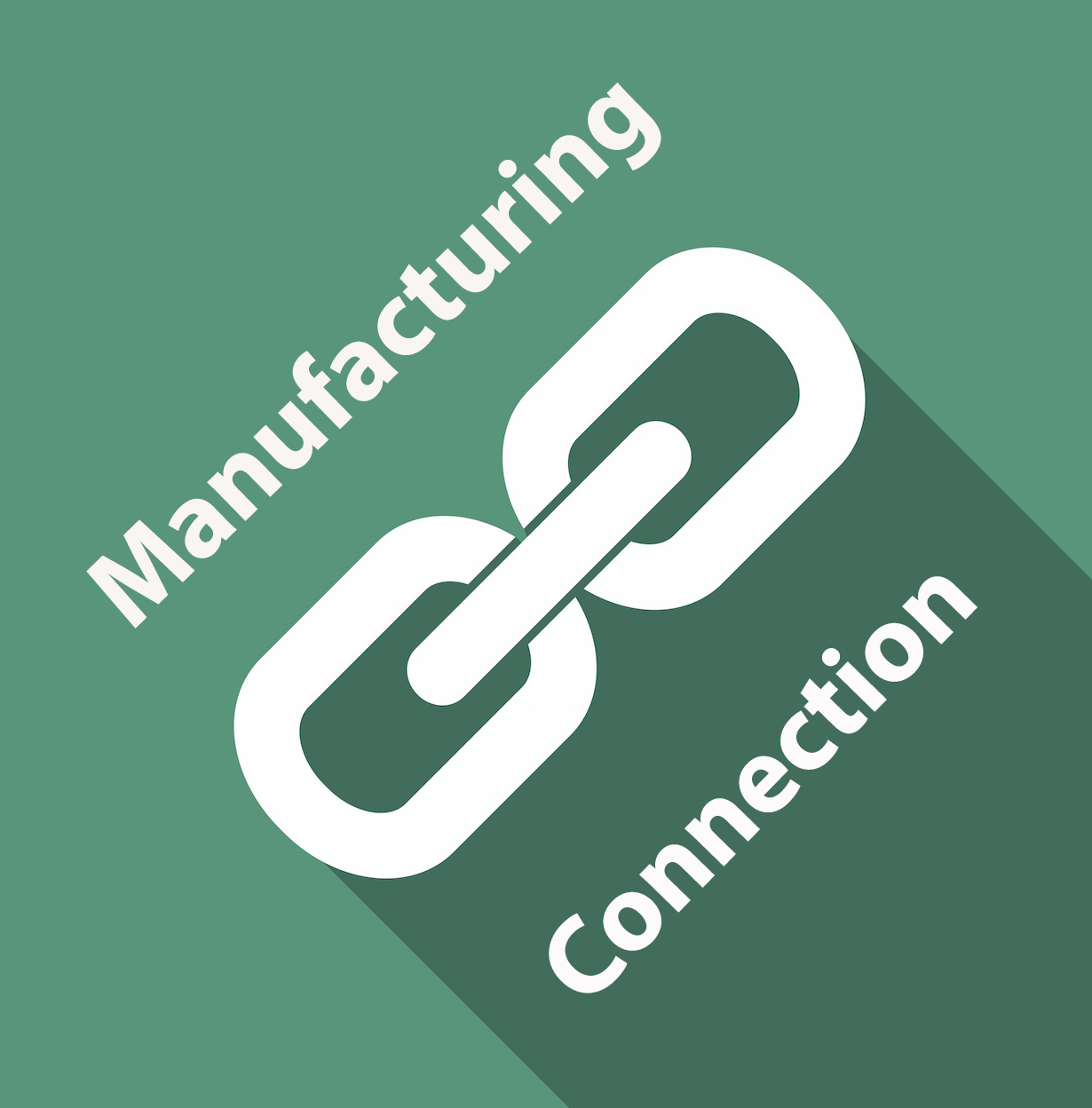
by Gary Mintchell | Nov 18, 2016 | Automation, Networking, Standards
News regarding Time Sensitive Networking continues to flow. The University of New Hampshire InterOperability Laboratory (UNH-IOL), an independent provider of broad-based testing and standards conformance services for the networking industry, announced the launch of three industry-specific time sensitive networking (TSN) consortiums – Automotive Networking, Industrial Networking, and ProAV Networking – designed to provide deterministic performance within standard Ethernet for real-time, mission critical applications. By providing high quality test plans, tools, and test beds for TSN, UNH-IOL allows businesses to improve products and accelerate market readiness.
“Standards-based precise time, guaranteed bandwidth, and guaranteed worst-case latency in a converged Ethernet network is a game-changer to many industries,” said Bob Noseworthy, Chief Engineer, UNH-IOL. “Through UNH-IOL’s industry-specific TSN consortiums, companies can be at the forefront and drive the technology forward by validating their solutions with a full suite of testing services, which will allow applications such as self-driving cars and the Industrial Internet of Things (IIoT) to take off.”
Originally established as a “best effort” network, Ethernet needs additional specific features to deploy mission critical applications. TSN standards enable deterministic real-time communication over Ethernet, allowing solutions to be built to provide extremely precise, predictable timing across the network. By adding features to Ethernet such as time synchronization, ingress policing, seamless redundancy, frame preemption, scheduled traffic, and stream reservation, TSN ensures mission-critical, time sensitive data is not held up on the network, promoting an interoperable ecosystem spanning across many industries. As TSN standards mature, UNH-IOL consortium members are able to support rapid development of conformance and interoperability solutions for emerging standards, validating their silicon and early products by gaining access to test solutions as well as multi-vendor test beds.
A major driving force behind the development of TSN standards is the emerging Automotive Ethernet market. The future connected, autonomous vehicle requires the time sensitivity and predictability in networking that TSN provides to support Advanced Driver Assistance System (ADAS) requirements, infotainment expectations from consumers, and other elements of vehicle electronics. Supporting automotive original equipment manufacturers (OEMs) and manufacturers supplying OEMs enabled with deterministic Ethernet solutions, the TSN Automotive Networking Consortium provides a setting for collaboration and participation in shaping the emerging standards through neutral, third party conformance and interoperability testing.
TSN’s importance is also emerging in industrial automation due to the rise in interest around the IIoT, specifically the mission-critical, time sensitive data that must be transferred and shared within strict bounds of latency and reliability. TSN enhancements for Industrial Ethernet provide standards-based determinism and reliability needed for these applications. The TSN Industrial Networking Consortium brings together stakeholders to realize the benefits of TSN – bandwidth, security, interoperability, and latency and synchronization for IIoT, robotics, assembly plants, and machines, as well as shape the standards and protocols for TSN in the industrial market.
Recent enhancements and certifications in the audio/video market have created a wider choice of compatible products and open technology that brings high-quality AV networking within the reach of any size Professional AV system. TSN enhancements provide the important timing audio and video systems need. The Pro AV Networking TSN Consortium is a testing ground for the promises of seamless redundancy, low-latency, and synchronization in the professional audio/video market.
UNH-IOL provides the test facility for stakeholders across multiple industries – automotive, industrial, and Pro AV – to drive the emerging, maturing TSN standards. To learn more about joining the new consortiums, please visit: Automotive Networking TSN Consortium, Industrial Networking TSN Consortium, Pro AV Networking TSN Consortium.

by Gary Mintchell | Sep 30, 2016 | Automation, Networking, News, Organizations
In this new world of the Industrial Internet of Things, is ProfiNet still relevant as an industrial network (fieldbus)? Is there a future for ProfiNet?
These were the questions I had heading into Phoenix and the 22nd annual meeting of PI North America. And I received answers.
Karsten Schneider, director of Profibus International, gave the technology update keynote and raised several interesting points.
More nodes of ProfiNet were sold in 2015 than were nodes of Profibus. This is the anticipated crossover point where Ethernet is becoming the dominant bus as well as network. Further, cooperation between PI and the Fieldcomm organization (combination of HART Communication Foundation and Fieldbus Foundation) has proceeded with agreement between FDI and EDDL. Further cooperation was obvious by the presence of a representative of the CLPA (CC-Link Partners Association). CLPA and PI have signed a memorandum of understanding to develop a standard method of communicating from one bus to the other.
Remember the “fieldbus wars”? Well, “times change.”
Time Sensitive Networking
Many application areas beyond industrial seriously need higher speed, determinism, real-time in their networks. Think of the growth of video streaming in real time, for example. Therefore the IEEE has been working on a new standard–Time Sensitive Networking or TSN.The standard is being built on IEEE 802.1. Many tremendous benefits will follow.
Think on this tidbit. When adopted as a standard, it will likely be build into commercial Ethernet chips. With a large number of industries wanting this technology, the number of TSN-enabled commercially available Ethernet chips will be huge. With huge commercial market potential, the price will drop. TSN Ethernet chips will be readily available and affordable for industrial devices. This will also likely replace Profinet IRT in the future (but not for a few years).
Take note that this will be a generally available and used chipset. It will primarily be IT oriented, but used also by OT. Perhaps this is the technology that brings the two together?
Future Work
A wide-ranging panel discussion sparked the creative juices of the group. One topic became the future engineer. We’ve had mechanical engineers, control engineers, data (software) engineers. Panelists expect that in the not-very-distant future, engineers will be multi-disciplinary.
I’ve maintained for several years that control and automation engineers must become network engineers–at least to a certain level. It is becoming even more important that they know something about SQL, programming in languages such as C, C++, Java, Python, and in scripting languages. Depending upon what sort of industry within manufacturing/production they should also be familiar with mechatronics or processes, too.
Is there a future for ProfiNet? Yes, but it will look only slightly like the present.

by Gary Mintchell | Feb 1, 2016 | Automation, Networking, News, Organizations
Time Sensitive Networking (TSN) becomes a critical component of companies’ Internet of Things technology strategy. In the past year, I’ve written about TSN and (mostly) AVnu Alliance, four times.
Engineering Software and Industrial Networking Trends
ODVA Enhances EtherNet/IP Industrial Networking Specifications
OPC Foundation Real-Time And Technology Partners
AVnu Alliance Launches Support for Industrial Ethernet Market
Today brings another AVnu Alliance and Time Sensitive Networking press release. Two new members have joined. And one isn’t really a “joiner” company.
Two New Time Sensitive Networking Members
“Rockwell Automation and Kollmorgen, both leaders in industrial automation, bring valuable expertise to AVnu Alliance activities incorporating new standards such as Time Sensitive Networking (TSN) into a common networking foundation.”
Rockwell Automation isn’t really a “joiner company”. It’s alliances are usually smaller with only a few competitors. This one is interesting.
“We continue to evolve our industrial control and information solutions to help customers drive real-time productivity and innovation as they strive towards building a Connected Enterprise.” said Joe Kann, vice president, Global Business Development, Rockwell Automation. “By participating in the AVnu Alliance, we plan to share our industry knowledge and work together with other members towards further enhancing standard IP-based Ethernet for manufacturing.”
Kollmorgen manufactures high performance motion control solutions.
“Kollmorgen’s business as a provider of innovative high-speed motion solutions is driven by ever-evolving customer needs for high-performance, multi-device fieldbus options,” said Steve Crass, VP North America Industrial Automation and Aerospace & Defense at Kollmorgen. “Joining AVnu Alliance is a logical next step for our business and AVnu provides us with a forum that will support open systems architectures for many years to come.”
According to the Association, “The addition of these companies exemplifies the importance of the continued evolution of standard Ethernet through TSN. The experience with control networking that these companies possess will complement the existing efforts within the AVnu Alliance to define a common foundation for the Industrial Internet. This next step for standard Ethernet will enable complete convergence of standard IT traffic and the control system and will enable IoT for the industrial, automation and manufacturing sectors.”
“Rockwell Automation and Kollmorgen have both shown leadership in their respective fields over the years. The AVnu Alliance looks forward to their contributions and forward-thinking philosophies when it comes to automation and how it can improve a variety of industrial processes,” said Gary Stuebing, AVnu Alliance President. “They both bring a range of products and technologies that will complement and bolster our efforts with TSN in the industrial space.”







